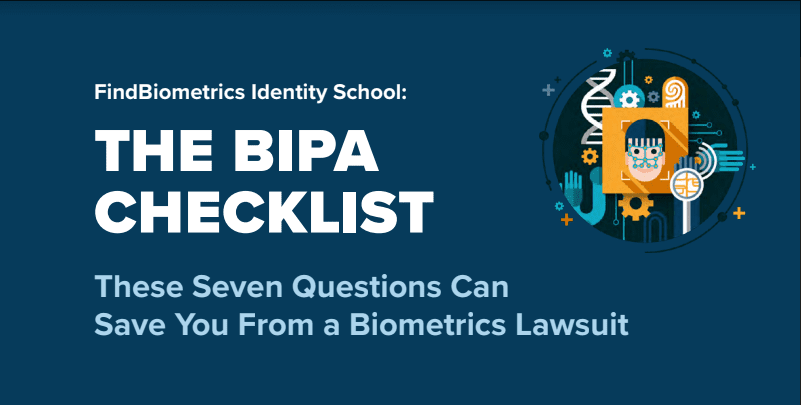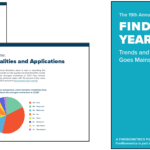
Illinois’ Biometric Information Privacy Act (BIPA) is the strictest biometrics legislation in the world, and carries with it some incredibly heavy penalties. And while high-profile class-action lawsuits under the legislation have seen the likes of social media giants Meta and TikTok paying out $650 million-plus settlements, the real effects hit much closer to home. Of the approximately 1,000 BIPA-related lawsuits, most deal with everyday workplace use cases like time tracking, employee verification, and even temperature scanning. What’s more, the controversial act is serving as the model for other privacy regulations, including proposed US federal legislation.
With the threat of BIPA fines, it’s easy to understand why some potential biometrics customers are thinking twice about the powerful identity technology. But in our rapidly digitizing world, biometrics remain the best technologies to anchor trusted identity, eliminate fraud, secure physical spaces, and enable frictionless customer experiences in retail, government services, banking, healthcare, and other integral markets. Positioned at the intersection of our converging physical and virtual worlds, biometrics have the potential to enhance workplace efficiency and security, while actually enhancing user privacy and building the highest possible levels of trust in our digitally transforming society.
So don’t give up on biometrics. While BIPA has sharp teeth and the ability to punish the unprepared, starting on the road to compliance is as easy as asking yourself seven key questions about transparency, notice, and communication. If you are considering biometrics for your business—in or outside of Illinois—be sure to run through this checklist and make sure you’re on the right side of the law.





![ID Talk at ISC West 2022: Hear the Identity Experts at Security’s Biggest Show [UPDATED]](https://idtechwire.com/wp-content/uploads/ISC-West-2022-Crowd-150x150.jpg)


Follow Us